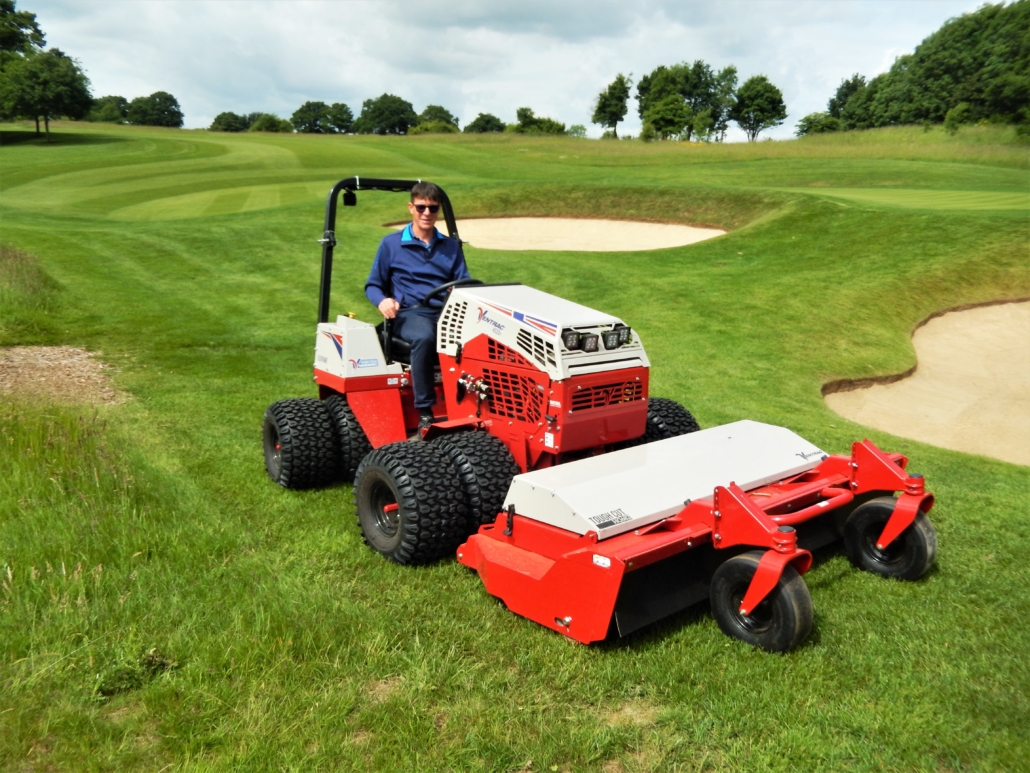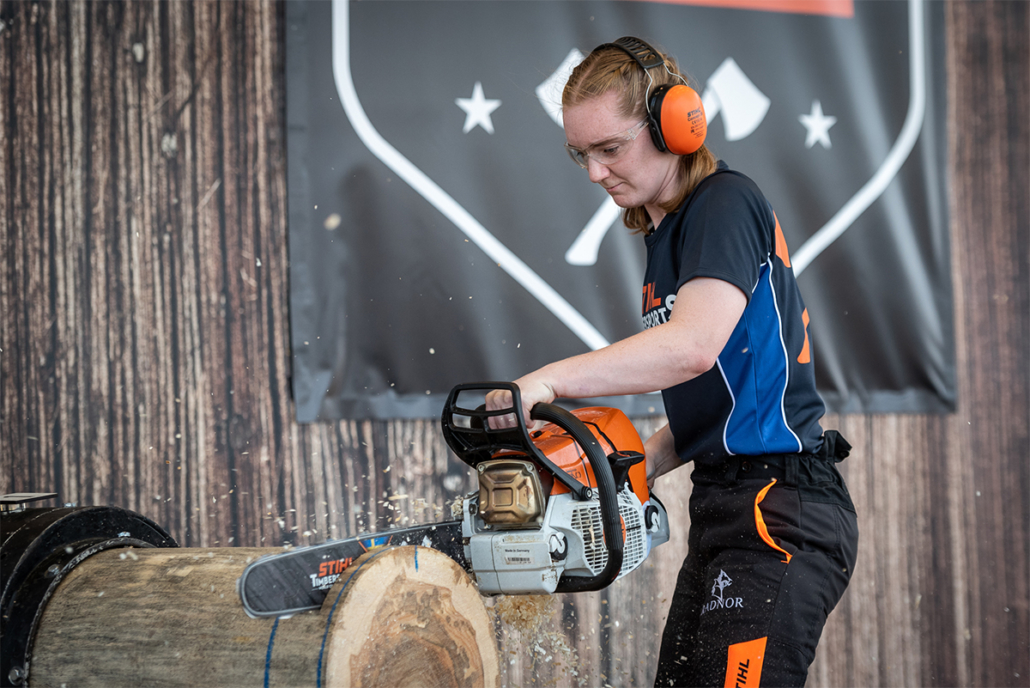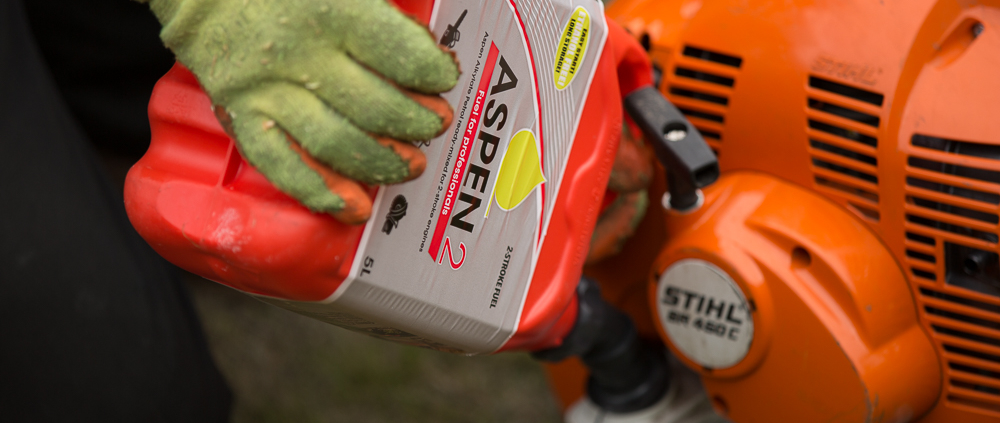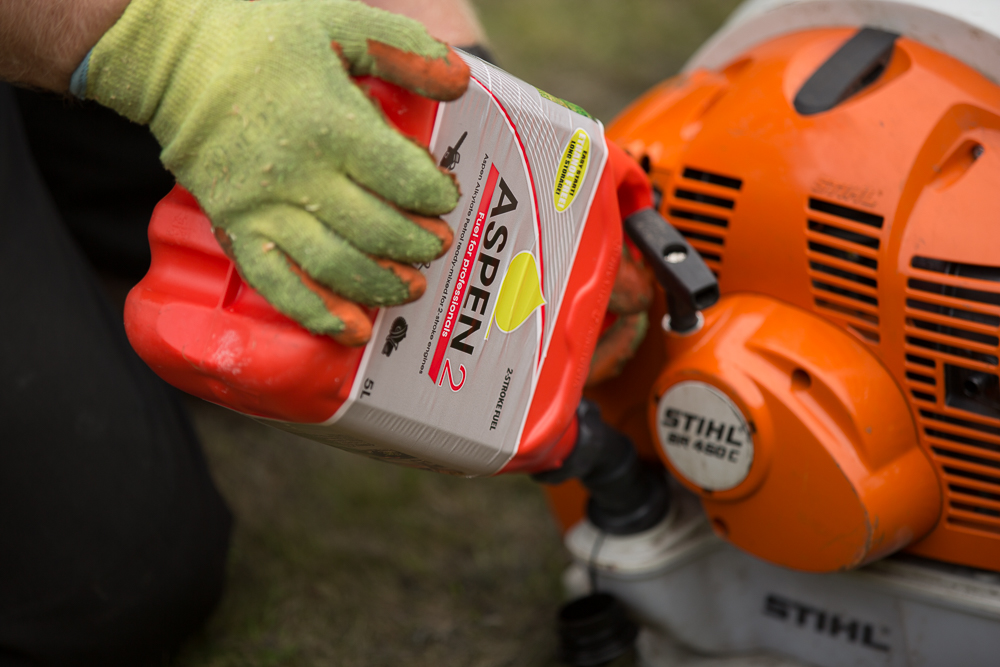Life after greenkeeping: Former Course Manager and BIGGA Chairman, Andy Campbell MG, offers advice for those who are considering a career change.
Once a Greenkeeper always a Greenkeeper: while this may be true in ‘sprit’, the current dearth in available talent in the industry would suggest in reality this is no longer the case.

Life after greenkeeping
The increasing difficulty many are having with regards to recruitment poses real and long term problems for many Clubs and as with most supply and demand situations, it will need a thorough re-think with likely increases in pay and improvement of working conditions hopefully being the end result.
So what are your plans should you find yourself thinking of leaving the Greenkeeping fraternity (and please note that this article is NOT a cry for you to do so!) either through circumstances beyond your control or as a pre-determined career move?
For many it comes as a great shock when “your time is up” and a mad scramble for alternative employment ensues. With the fast paced nature of life and volatility of employment we are all experiencing perhaps now is the time to plot out your future and assess your skill set, filling in the skill gap where necessary – if all goes well and you choose, or are allowed to, stay as a practising Greenkeeper these additional skills may serve you well in any case.
There are many occupations closely linked to Greenkeeping: Sales, advisory work, sub contracting services such as aeration etc, construction among those. They all have the major benefit of keeping you in contact with the Greenkeeping family which, for many, serves as a comfort.
For some, the progression may well be starting their own business: certainly not for the faint hearted, or those looking for an easy life. The majority of start ups do not survive more than five years according to statistics and real determination and a thick skin will be required by anyone not wishing to be one of those failures.
Let’s look at the common skills and attributes shared with Greenkeeping and starting your own business – this could be a business serving the Golf and Greenkeeping sector or not:
- Enhanced communication skills
- Good financial management
- Determination
- Energy
- Ability to work under pressure
- Desire to keep on improving
- Ability to solve complex problems
- Ambition
- Self-motivation.
All of these are what most successful Greenkeepers need in abundance and the superb education now offered by BIGGA, GCSAA and others can ensure that any skill deficits can be quickly strengthened.
A look around the exhibition halls at BTME in March would enforce the view that many Greenkeepers have chosen the trade or self employed routes. Trade companies have long recognised that the skills and empathy former greenkeepers have with their peers holds great advantages in securing sales and customer loyalty. For some making the jump to the “dark side” does not work out with many citing that they miss the element of fulfilment that Greenkeeping gives them.
Others, of course, thrive – being appreciated, rewarded and having more time, especially weekends, to yourself as well as being free of the debilitating weight of expectation unfairly placed on them by misinformed and ignorant Golf Club memberships. Perversely, starting your own business is more akin to the Golf Club environment certainly in the early stages of start up with long hours, low rewards and sometimes difficult clients – the major difference… YOU are in control.
In my case, the idea of being self-determined and free of corporate shackles had been brewing for a decade or more: I have had the simple guiding principle of five year planning for a large part of my career, sometimes the plan goes longer and sometimes shorter, but to think longer than five years to my mind is overly optimistic and borders on complacency. I am fond of two sayings passed on to me years ago – “What got you there won’t keep you there or get you to where you want to be”, and ”Don’t let inertia be your friend”.
Having a broad experience across Golf including Greenkeeping, General Management/Director of Golf roles, Sales and Association involvement I needed to find a way of utilising those experiences to create a business that linked each sector and which frankly leveraged a wide network of contacts to mutual gain. Now past the five year mark and having survived Covid personally, and as a business, this is what I now have and the second five year plan is now in motion, broadening the scope of the business and preparing it and me for life when the body won’t do what I want it to… in short, transitioning.
There you have it some 750 words in, perhaps the most important word, skill or attribute I believe you will need in today’s world: transitioning.
The ability to change course, react, adapt and move forward. What will give you this ability? Experience and skill set for sure because these bring confidence and self belief, key ingredients if you are to beat inertia.
Of course, there have been difficult times and lots of lows as well as highs, again just like most Greenkeepers’ average year – the pursuit of excellence sic success is a journey not a destination.
Anyone thinking that starting out on your own will lead to a land of immense wealth and luxury yachts is either in need of a good shake or is perhaps thinking of a business that will escape the attention of HMRC but may be of more interest to the local constabulary!
It is harder than ever today with excessive red tape, particularly if you are importing and exporting, high taxes, employment law etc to make huge returns, unless you have access to large bundles of cash with which to gamble. What you can create is something that will give you endless pleasure, grief, a sense of fulfilment and pride and a comfortable living… yes, a bit like managing a Golf Course except this is yours.
That brings me to one of the most dangerous traits exhibited by Course Managers (and I plead guilty) that the Golf Course is THEIRS – it isn’t and it won’t ever be. Change that notion or you will eventually perish and join the ranks of the bitter and disillusioned.
If you are thinking of a career change, whether through necessity or simply because you have hit a ceiling, then start planning now. I instinctively knew when the plan needed changing (well, most of the time, on occasion my employers knew before me, although in truth on each of those occasions I did know, but chose to ignore the signs – not clever) and had prepared well for the next stage. Sometimes that planning was as simple as having a day dream, momentary thought about what could be.
Those thoughts took me from comfy Cheshire to St Andrews to Northern Ireland and back to St Andrews effectively beating inertia, definitely giving my family a bumpy ride but also experiencing great people, places and moments.
When we sit back in later years, the phrase that it’s not the miles you travel but the stops you have on the way may well be most pertinent.
One of the key aspects of planning your route is to know what you have and know what you need.
Self-delusion will lead to failure. Be honest with yourself. I see too many people promoted into positions based on what they have achieved in their current role, but then are exposed because they are devoid of the skill and experience needed in the new role. It has certainly happened to me in my career but by good fortune I was blessed to be surrounded by good people and mentors that got me out of some pretty ugly situations.
Happily, every bad situation and one of these I endured for all of a five year plan, subsequently gave me the experience and stickability to survive thus far in business. Time is only ever wasted if you fail to learn from it and often it’s the bad experiences that prove most beneficial.
So, in conclusion, this is not a call for a mass exodus from Greenkeeping: It continues to be one of the most rewarding careers with a great, friendly and dedicated family of colleagues. More, it’s just a call to action to PLAN and not fall victim to circumstance.
Be in control, have your eyes open and extend and fortify that skill set. As you will see, the skill set is so transferable that the world truly is your oyster…GO FOR IT.


















